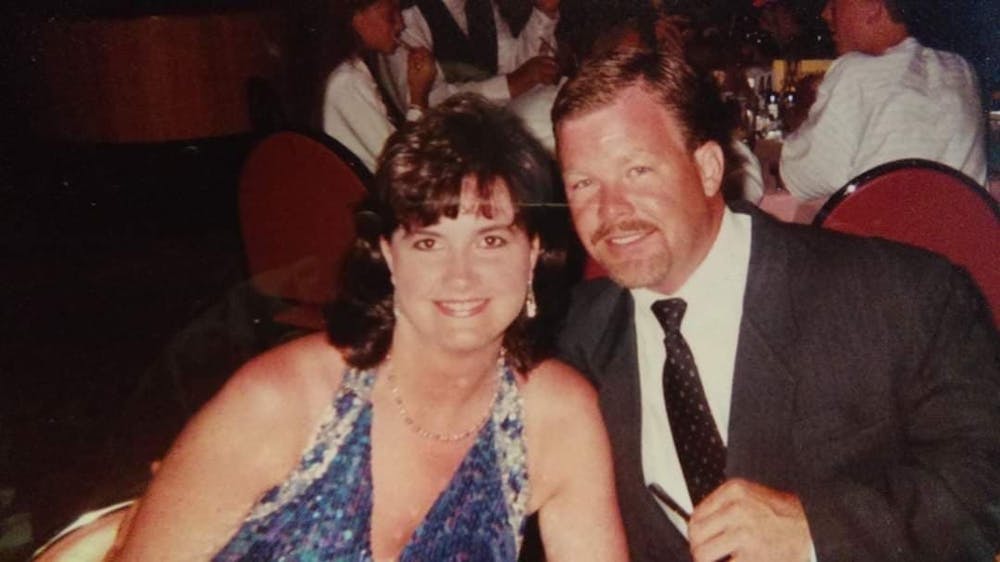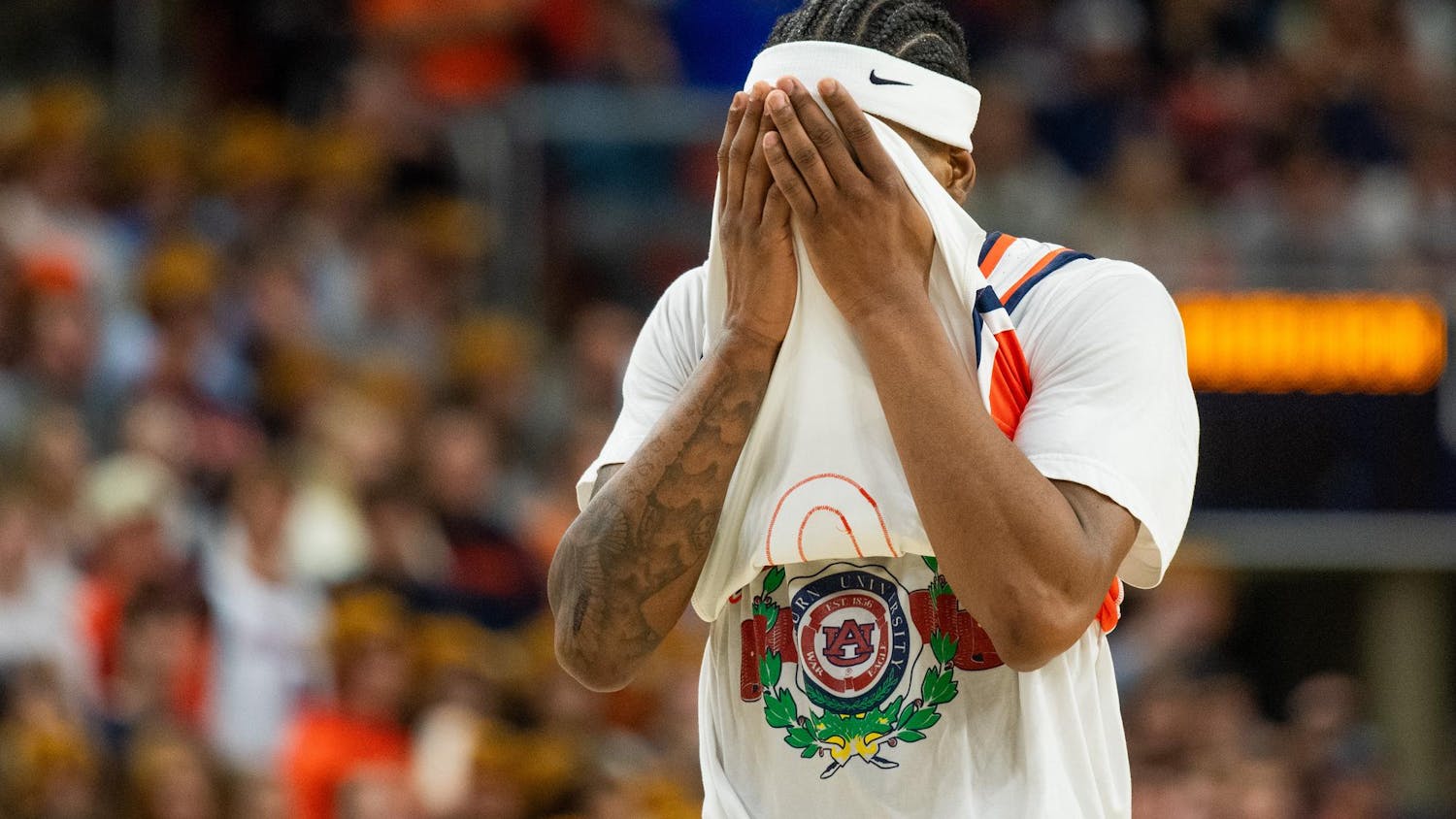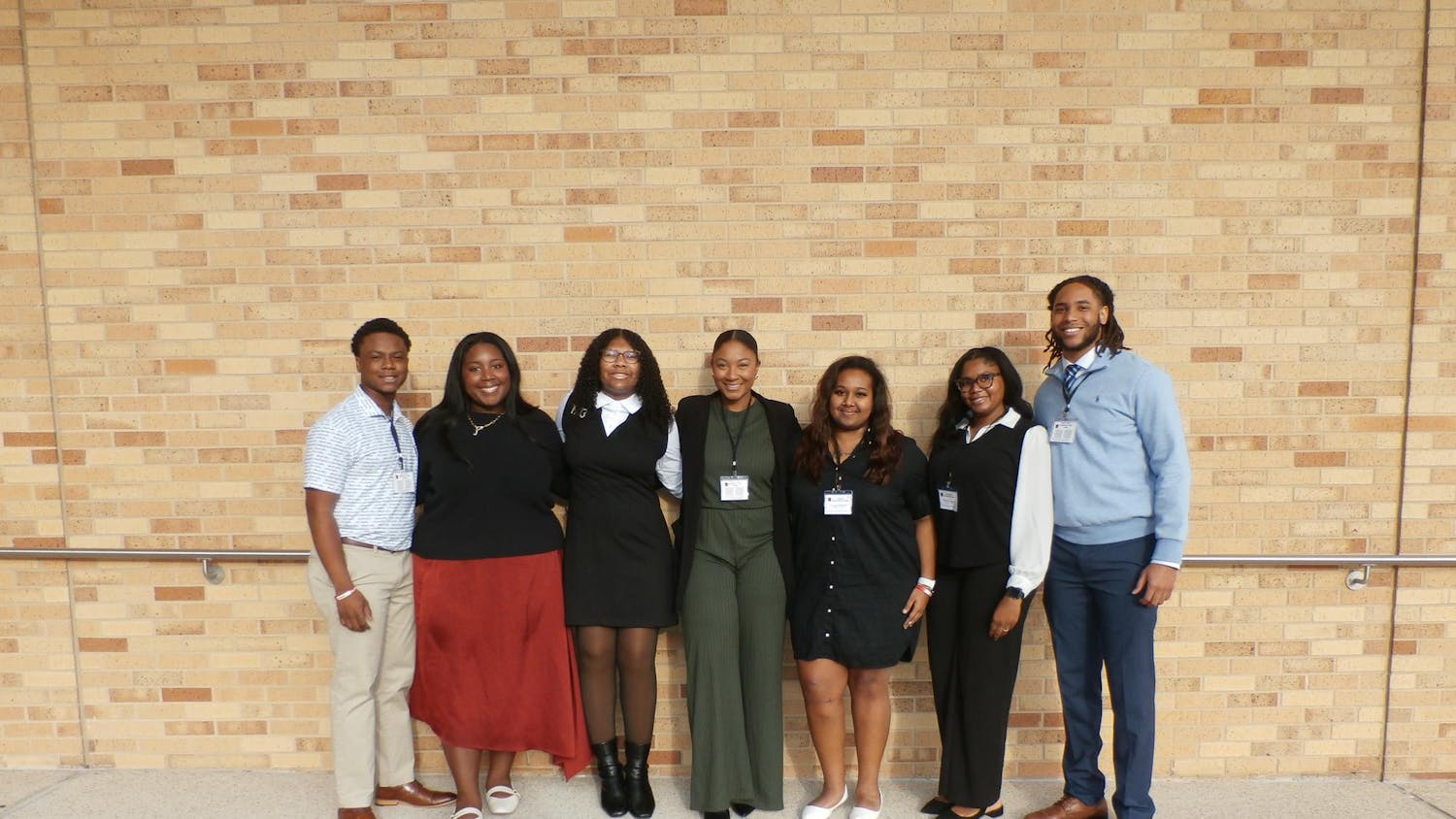About the series
The "Auburn voices from the pandemic" series is an oral history from The Plainsman of COVID-19 and how people are being affected by the disease.
As told to Eduardo Medina
Debra Hudmon, an intensive care unit nurse at East Alabama Medical Center, describes life on the frontline of the COVID-19 pandemic.
Her oral history was made possible through interviews she granted The Plainsman. The transcript from that interview has been slightly edited for clarity and rearranged for structure to produce the following piece.
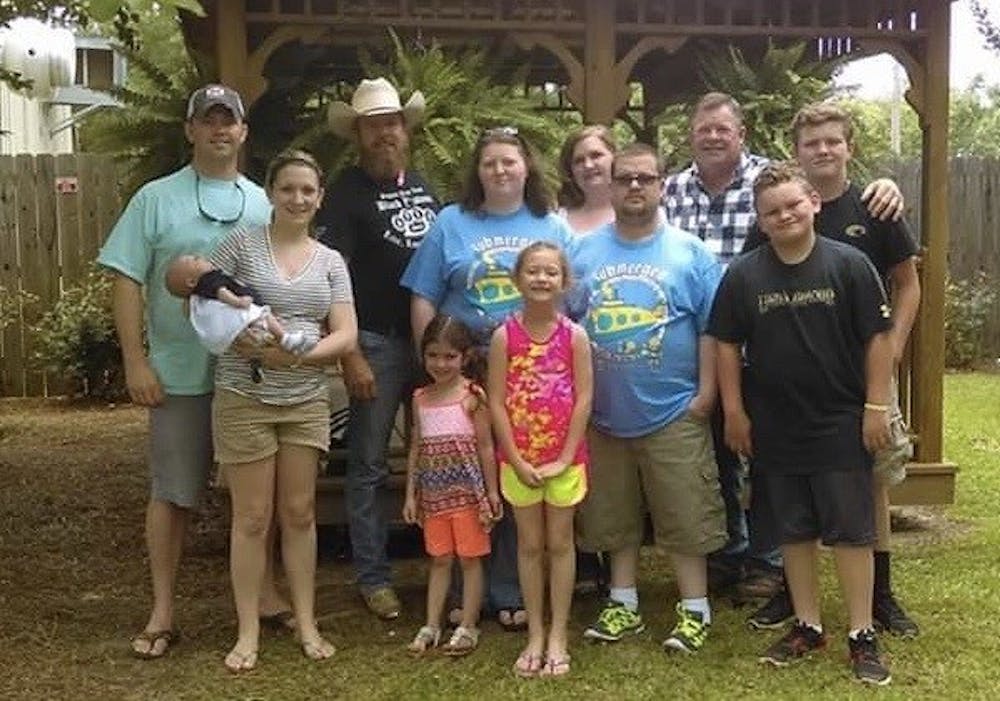
I have a new grandchild. I haven’t seen her. I’ve seen pictures of her. I don’t feel comfortable even putting on a mask just so I can see my granddaughter. I mean, I have children and grandchildren here that are family. All of them, I don’t see. I’m just really isolated. But I know it’s for the best.
I’m 56 years old. I’ve been in this for a long time. Nursing was never on my radar. I was going to be a corporate tax accountant. When I think about that, I think, “Lord have mercy, how in the world did I do it?” This is what I was meant to do, and I’m not really sure how I stumbled upon it. And a lot of people don’t. They don’t find what they should do. But I did. I’ve done some other things through the time, but I’ve always kinda made my way back to the ICU. I would work somewhere else sometimes. I thought I wanted to do management a time or two. But I always made my way back to the bedside, back to the ICU.
There aren’t many people my age still working at a bedside at 56 years old. My coworkers are all in their 20s and 30s. They call me momma. Momma Deb. For most of them, I am the age of their mothers. I make sure they’re all OK, you know, because they’re younger; they haven’t seen as much. They have small children at home, and they’re all sometimes afraid. So I stand up and try to be strong for them.

We heard this virus was coming. We thought it was a world away. And then it wasn’t a world away. Then it was in New York. It was in Washington. Then we see that Alabama had its first case, and I remember that day. I never thought little Alabama would be like this. I’m still holding on to hope that people are doing the right thing. I hope people don’t think this is a time to stop what they’re doing. Because of what they’re doing, we’ve got to this manageable point.
In our small community, here in Lee and Chambers County, we were hit extremely hard. The first week or so into all of this, we received our first patient, and we were all scared. We didn’t know what we were going to be dealing with. A few days later, it all escalated. There was a week — about a week or 10 days into it — that I really was overwhelmed. I’ve never felt that in my whole entire career. I’ve dealt with critical illness almost the entirety of my time as a nurse, but this was different. There were so many people. It’s not only physically challenging, it’s emotionally challenging. You do feel deflated and defeated, occasionally. Especially when you have times where you felt you gave it your all. And you felt like this patient — no, not a patient — this person, this person would survive, and then they don’t. You do feel that sense of letdown.
You know, over the decades, I cannot tell you the number of times I’ve cried on the way home. When I lost a patient recently, it’s very stressful. It’s traumatic. They’re people on the bed. They’re not an account number. They’re not 2-0-whatever. It’s a real person in the bed with a real family. Somebody’s mother, somebody’s brother. A lot of people forget that. But at the end of the day, you do it for the people you do push out of there, and you see them go home. We’ve done this, and we do it day in and day out. This little old lady was at church, and all she wanted to do was go to church, and we gave everything that we got for that lady to go home and go back to that church one day.
A week ago yesterday, I had a fever, a cough and low oxygen saturation. I was removed from work, and I was tested. For 48 hours, I was quarantined in my bedroom.
I was scared because of what I see. I was thinking, “How was I exposed? Where was I exposed?” I knew that I had not given anybody an illness that can kill them. I’m sure there’s an awful amount of people that can’t say that.
There are still so many people that believe that this is not a big deal. They want to go about their day-to-day lives, but they seem to be untouched by it. I rode around and saw a parking lot full of kids playing basketball. It’s not the kids I’m necessarily worried about. It’s all the kids who go out there and come back home and take it to their grandparents. People seem untouched. They don’t believe it’s as serious as it is. If they had to see what patients and families are dealing with, they’d just take this a lot more seriously.
That’s going to be my biggest take on this. How much it took people to pay attention and just do what’s being asked. My test has come back negative. But we know the validity of the test isn’t 100%.
We’ll all be different because of this. We talked about this with several of my coworkers. It has been a very stressful, traumatic period for most of us. Several of my friends from other hospitals have been tested, and we’re on the frontline. Just like any war, we have a frontline. And those of us on the frontline, we’re battling it. With everything that I’ve seen, I’ll tell you that I will be different.
I saw an article that said a lot of nurses could experience PTSD-type effects after this. I think a lot of us will. We’re isolated from our families. There’s coworkers and friends that decided to send their family away from them. There are people whose children aren’t living with them, their spouse is not living with them. Of course, they all made that decision for the safety of their family, but even down to our own families, we are alone. You won’t see any of us out and about because we see first-hand what happens.
When the first patient was released from the ICU, I was out there on that hallway. Until then, we were kinda feeling defeated, and when he rolled out of here, it truly was a celebration. We felt like what we did made a difference.
There’s still people on the parking deck doing a park-and-pray. To begin with, the whole fourth floor of the parking deck was filled with people when you would leave, and people would clap and cheer. And you knew eventually it would die off, but there are still people out there. I can’t believe these people are out here. We’ve never really felt like that before in health care.

The community’s been behind us since the day it all went to a head. It really does mean so much to us, the community’s support. My manager and the management team have our back. They tell us if we’re not OK, we need to tell somebody. I trust the people that I work for do their due diligence, that they know how to protect us. They give us what we need, and we take proper precautions.
And you can’t do anything without thinking through it at the ICU. Everywhere you go, you think before going in: Do I have on everything that I’m supposed to? Am I protected appropriately? I finally get back home around 7:45 or 8 p.m.
I have a husband at home, two grown children elsewhere and two children at home. The two kids are 14 and 17. I have an elderly father, and I haven't seen him in over a month. He lives alone.
I take off everything and wash everything before I see my family. I don’t want to expose them.
My husband’s been great through all of this. His name’s James. When I get home, he brings me dinner. He makes sure that all my clothes are washed. The 17-year-old just had his birthday yesterday. We had cake and stayed home, of course. Just the four of us.

One of my children once had severe health issues. My son, he had meningitis. I was in a clerical position at the hospital, and I saw what these people were doing. My son was on life support. These people surrounded him and took care of him, and then took care of us. That really sealed the deal for me. I felt like I should do that. I never really found, then, where I should be. I never really settled on anything because I never really finished anything. As soon as I started the health care route, I finished right away. I went straight from nursing school into ICU. I’ve done a lot of things in my career, but the intensive care unit has been my home and my heart.
When my son was discharged from the hospital, he had major health issues. He went through physical therapy, speech therapy, hearing therapy. That’s when we found out he would be challenged for the rest of his life. I think my interest in this job peaked at that point.
I’ve seen a lot of death through the decades, but I’ve also went home and felt real good sometimes. Things that I did that day or that night helped save someone's life, or somebody lived another day, or week or month. Somebody that I thought would never get to go home went home and came back to see me. I felt like I was a part of that.
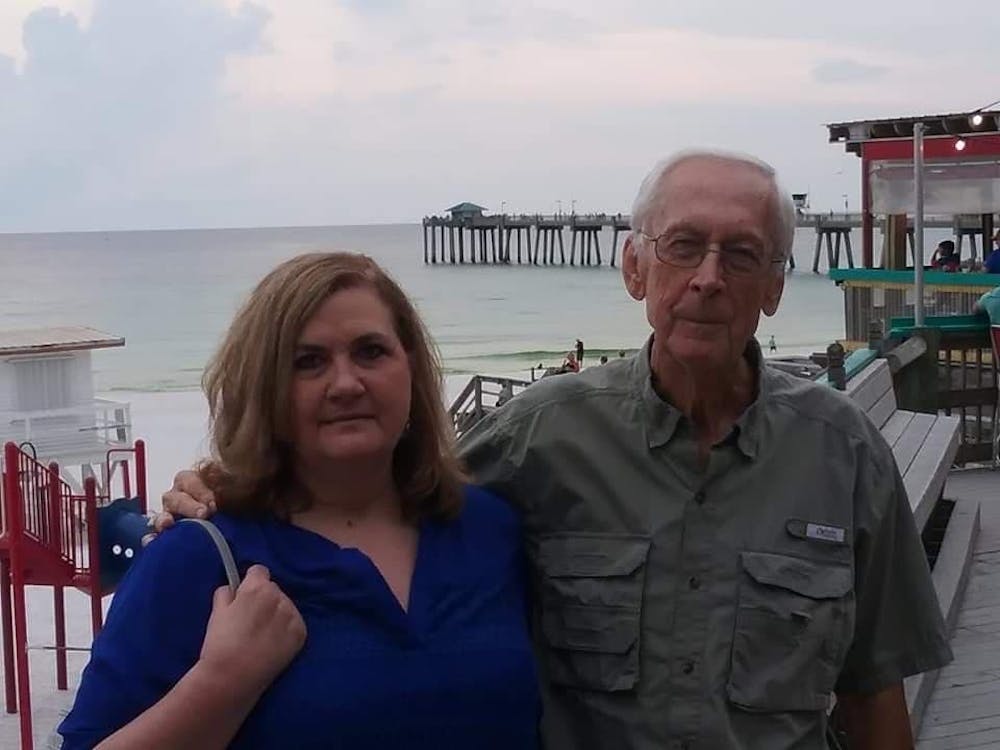
Debra Hudmon with her father, Walter Croft.
I went to the bedroom after I got off of work one evening, away and alone from my family.
I started crying. My husband came down to the bedroom, and I told him, “I’m not alright.” I’ve heard so many people say the same thing: “I’m not alright.” That’s how you feel. You’re not OK. It was overwhelming. Just the lack of visitors, and the people alone and things like that. For me, it was a definite breakdown.
I was able to talk to my husband about it a little bit. That was not something that he was used to from me. I’ve been the one that’s had to be the strong one. I have a lot of young nurses around me, and they look toward me. My husband said, “These young people, they need to see you strong.” That’s how I’ve always been seen, is the strong one. The one that can handle everything.
The next day, I felt better because I got out my feelings.
So I got myself back into shape. Next morning, I was back at it again.
Read previous stories from The Plainsman's oral history series:
Do you like this story? The Plainsman doesn't accept money from tuition or student fees, and we don't charge a subscription fee. But you can donate to support The Plainsman.
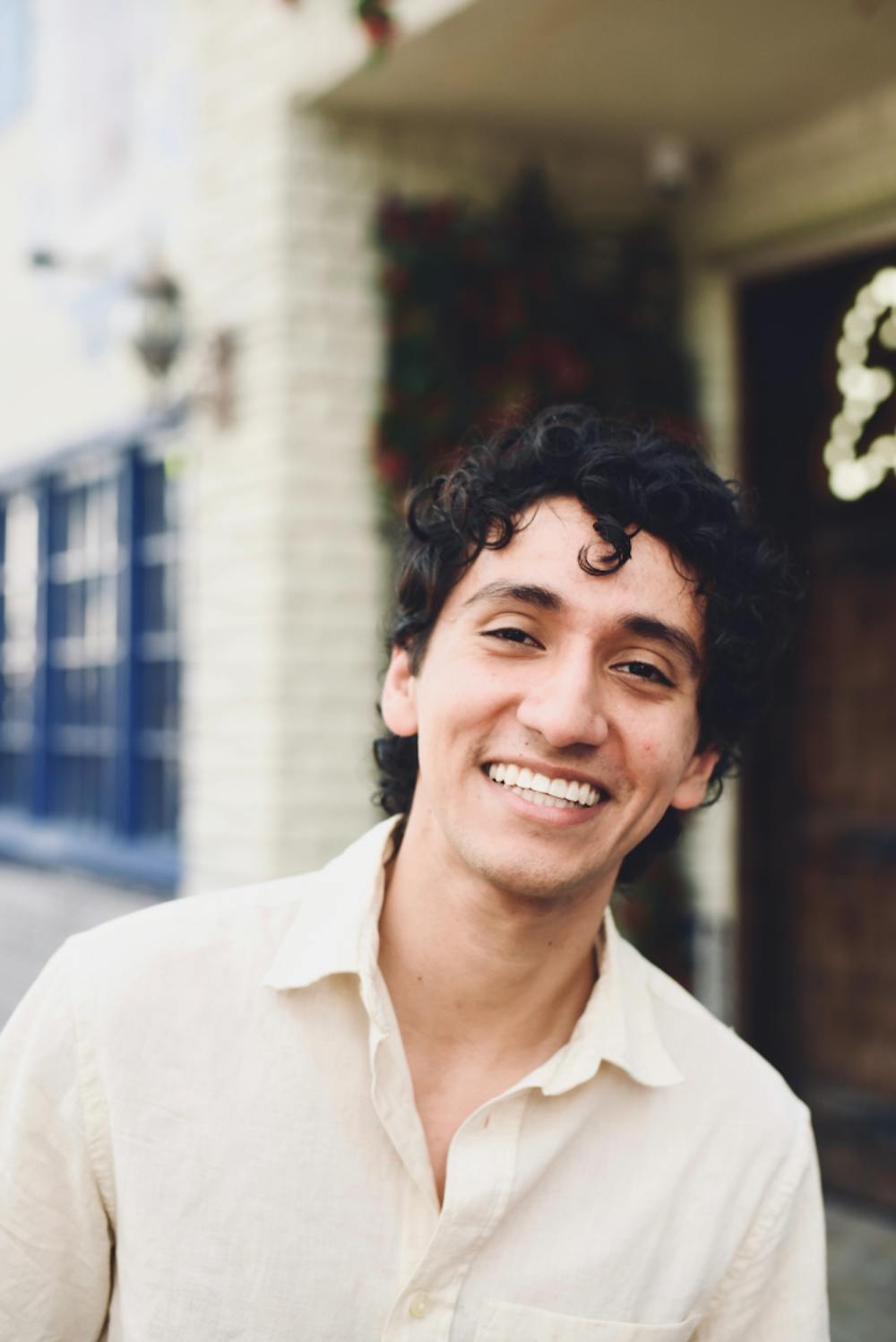
Eduardo Medina, senior in journalism, is the editor-in-chief of The Auburn Plainsman.

